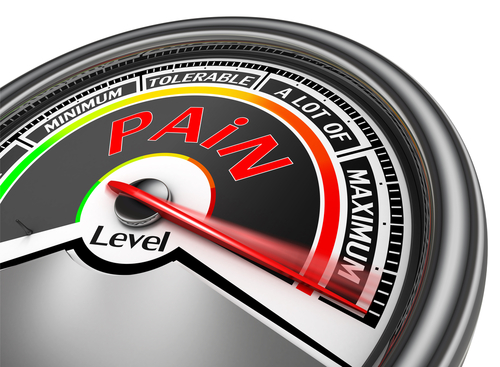Xadago, Cannabinoids, Opioids May Be Best to Manage Parkinson’s Pain, Review Suggests
Written by |

Treatment with Xadago (safinamide) or cannabinoids and opioids may the best therapeutic options to effectively manage pain in patients with Parkinson’s disease, researchers suggest.
The study, “Comprehensive Examination of Therapies for Pain in Parkinson’s Disease: A Systematic Review and Meta-Analysis,” was published in the journal Neuroepidemiology.
Parkinson’s disease is known mostly for its motor symptoms such as muscle rigidity and tremors, but other non-motor symptoms are very common. About 68-95% of Parkinson’s patients suffer with pain, which can significantly affect their quality of life and promote both depression and anxiety.
There are several therapeutic strategies available for Parkinson’s disease, however their potential to manage disease-associated pain is not established.
Parkinson’s Clinic of Eastern Toronto researchers reviewed available data from 24 published reports to explore current treatments’ capacities for pain relief. The reports covered the results of 25 randomized clinical trials and a total of 1,744 patients undergoing therapeutic interventions and 1,610 patients undergoing a control intervention.
The Parkinson’s Disease News Today forums are a place to connect with other patients, share tips and talk about the latest research. Check them out today!
The mean age of study participants was 66 years and most were male (61% and 60% in treatment or control groups, respectively). Mean disease duration was of 7.9 in the treatment group, and 7.2 years in the control group.
The treatment with the biggest capacity to reduce pain severity was Xadago, followed by cannabinoids and opioids, multidisciplinary team care and COMT inhibitors, such as Comtan (entacapone) and Tasmar (tolcapone).
Electrical and Chinese therapies also had some capacity to reduce pain, although results between studies were very heterogeneous.
Treatment with the investigative pardoprunox (SLV-308) and surgery had only moderate effect on reducing pain severity, while the weakest effects were in dopaminergic agonists and miscellaneous therapies.
Collectively these findings revealed that Xadago “is an important adjunct to the standard parkinsonian medications for alleviating pain” in Parkinson’s, while analgesics in the form of opioids and cannabinoids can “be effective but not nearly to the same extent,” researchers wrote.
In addition, the team believes this study shows that adjusting levodopa levels with Comtan rather than with dopaminergic therapies may provide greater pain relief.
Still, additional trials focusing on pain management, as well as in its underlying mechanisms in Parkinson’s patients, are warranted to “form a consensus on the effectiveness of these therapies.”


